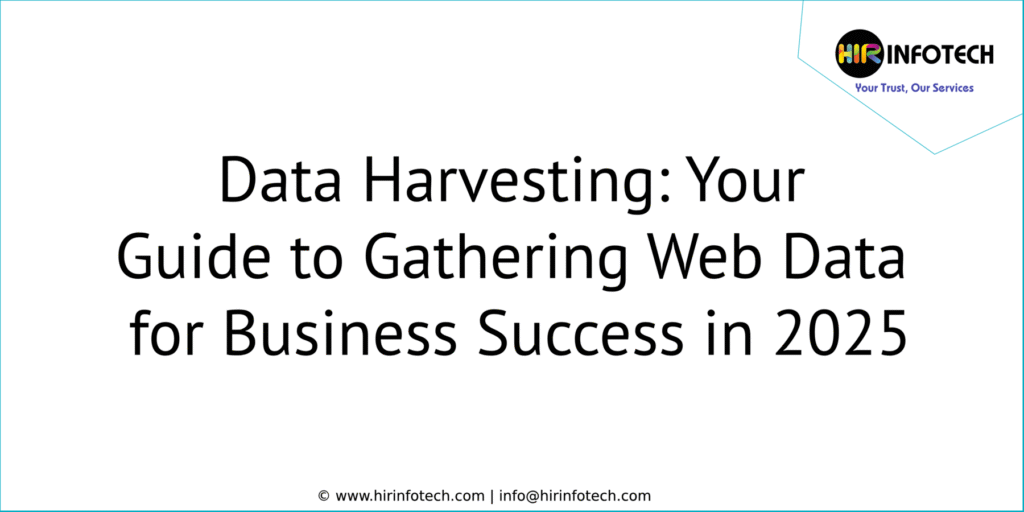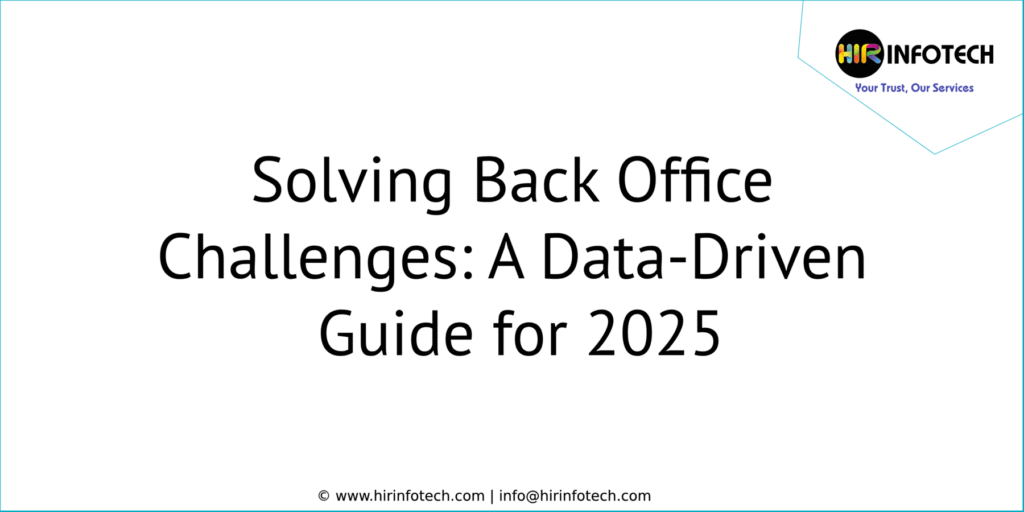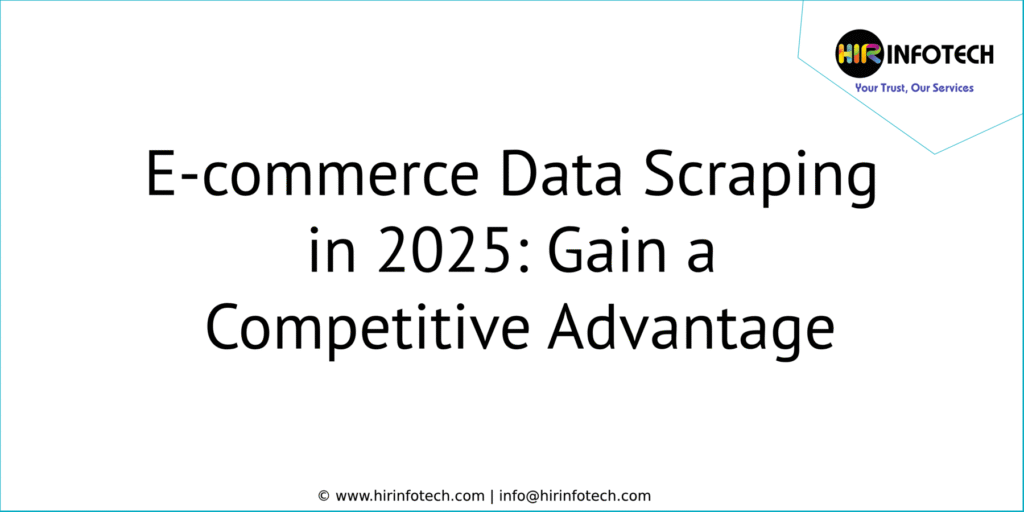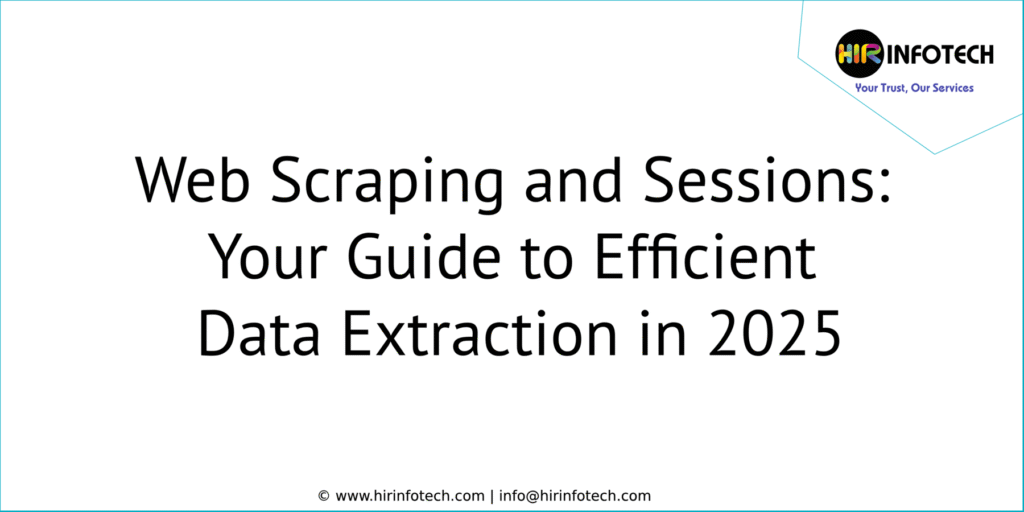
Introduction
In today’s digital age, data is the key to unlocking business growth. Data harvesting is the process of collecting this valuable information. It’s like gathering the raw ingredients for a successful recipe. This guide explains data harvesting in simple terms. It shows how it can benefit your business in 2025.
What is Data Harvesting?
Data harvesting is the automated process of gathering information from various sources. Most often, this refers to collecting data from websites. Think of it as a digital harvest. You’re gathering valuable data “crops” from the internet. This data can then be used for analysis and decision-making.
Data Harvesting vs. Web Scraping vs. Data Mining: Understanding the Differences
These terms are related, but they have distinct meanings:
- Data Harvesting: The broad term for collecting data, often from the web.
- Web Scraping: A technique used for data harvesting, specifically from websites.
- Data Mining: Analyzing existing large datasets to find patterns and insights. Data harvesting provides the data that data mining uses.
Why is Data Harvesting Important for Businesses in 2025?
In today’s competitive landscape, data-driven decisions are essential. Data harvesting provides the raw material for these decisions. It offers:
- Market Intelligence: Understand your industry, customers, and competitors.
- Lead Generation: Find potential customers and gather contact information.
- Price Monitoring: Track competitor pricing and optimize your own strategies.
- Product Development: Identify customer needs and improve your products.
- Content Creation: Find trending topics and create engaging content.
- Risk Management: Monitor online mentions of your brand and address issues.
- Investment Research: Gather financial data and analyze market trends.
- Improved SEO: Identify keywords and improve your search engine ranking.
- Business process automation: Automate by extracting and integrating.
How Data Harvesting Works: A Step-by-Step Process
- Identify Your Data Needs: What information do you need? From what sources?
- Choose a Harvesting Method: Select web scraping, API access, or other techniques.
- Develop or Select Tools: Use pre-built tools or custom code (often Python).
- Configure the Harvester: Set up the software with your specific instructions.
- Data Extraction: The harvester collects the data automatically.
- Data Cleaning and Formatting: The data is cleaned, organized, and prepared for use.
- Data Storage: The data is stored in a database, spreadsheet, or other format.
- Data Analysis: Analyze the data to gain insights.
Common Data Harvesting Techniques
- Web Scraping: Using software to automatically extract data from websites.
- API Access: Retrieving data directly from applications through APIs.
- RSS Feeds: Subscribing to RSS feeds to automatically receive updates from websites.
- Database Extraction: Copying data from existing databases.
- Document Scraping: Extracting data from documents like PDFs and Word files.
- Social Media Harvesting: Data collection of social media platforms.
Tools and Technologies Used in Data Harvesting
- Programming Languages: Python (with libraries like Beautiful Soup and Scrapy) is very popular. JavaScript is also used.
- Web Scraping Frameworks: Scrapy and BeautifulSoup (Python) are widely used.
- Headless Browsers: Puppeteer and Selenium automate browser interactions for dynamic websites.
- No-Code/Low-Code Platforms: Octoparse, ParseHub, and others offer visual interfaces for non-programmers.
- Cloud-Based Services: AWS, Google Cloud, and Azure offer scalable data harvesting solutions.
- APIs: Used for structured data.
Benefits of Outsourcing Data Harvesting to a Service Provider (Like Hir Infotech!)
While you can build your own data harvesting solutions, outsourcing offers significant advantages:
- Expertise: Access specialized skills and experience in data harvesting.
- Technology: Benefit from advanced tools and infrastructure.
- Scalability: Easily handles large volumes of data and changing needs.
- Cost-Effectiveness: Often more affordable than building and maintaining an in-house team.
- Time Savings: Free up your internal resources to focus on core business activities.
- Data Quality: Ensure accurate, consistent, and up-to-date data.
- Legal and Ethical Compliance: Navigate the complexities of data privacy and website terms of service.
- Maintenance and Updates: No need to worry about changes.
Choosing the Right Data Harvesting Service Provider
Consider these factors when selecting a provider:
- Experience and Expertise: Do they have a proven track record in your industry?
- Technology and Infrastructure: Do they use up-to-date tools and methods?
- Data Quality and Accuracy: How do they ensure data is accurate and reliable?
- Scalability and Flexibility: Can they handle your current and future data needs?
- Pricing and Cost Structure: Is their pricing transparent and competitive?
- Data Security and Privacy: How do they protect your data and ensure compliance?
- Customer Support and Communication: Do they offer responsive and helpful support?
- Data Delivery Options: Can they provide data in the formats you need (CSV, Excel, JSON, API, database)?
- Legal and Ethical Practices: Do they adhere to all relevant regulations and ethical guidelines?
- Turnaround Time: How long does the data take?
Data Harvesting Use Cases Across Industries
Data harvesting is valuable in almost every industry:
- E-commerce: Track competitor pricing, monitor product trends, and analyze customer reviews.
- Real Estate: Gather property listings, analyze market data, and identify investment opportunities.
- Finance: Collect financial data, track stock prices, and monitor market news.
- Marketing and Sales: Generate leads, analyze customer sentiment, and personalize marketing.
- Travel and Hospitality: Monitor flight and hotel prices, track availability, and analyze reviews.
- Recruitment: Scrape job boards and company websites to find potential candidates.
- Healthcare: Extract data from public health resources and research publications (ethically and legally).
- Manufacturing: Data gathering from supplier’s website.
- Government: Help to improve public service.
Ethical and Legal Considerations in Data Harvesting
Data harvesting must be done responsibly. Key considerations include:
- Website Terms of Service: Always review and comply with the terms of service of the websites you are harvesting data from.
- Robots.txt: Respect the robots.txt file, which specifies which parts of a website should not be accessed by automated bots.
- Data Privacy: Be mindful of data privacy regulations like GDPR (Europe) and CCPA (California). Avoid collecting personal data without consent. Consult with legal counsel if you are unsure about compliance.
- Copyright Law: Be aware of copyright restrictions on the data you are collecting.
- Rate Limiting: Avoid overloading websites with requests. Implement delays and scrape politely.
- Transparency: Be transparent about your data harvesting activities if requested.
For more information on ethical data practices, you can consult resources like:
The Future of Data Harvesting: Trends to Watch
The field of data harvesting is constantly evolving. Key trends include:
- AI-Powered Data Harvesting: Artificial intelligence (AI) and machine learning (ML) are making data harvesting more intelligent, efficient, and adaptable. AI can:
- Automatically identify and extract data elements.
- Handle dynamic content and complex website structures.
- Adapt to website changes.
- Improve data quality through automated cleaning and validation.
- Bypass anti-scraping measures (ethically and responsibly).
- Real-Time Data Harvesting: The demand for real-time data is increasing, leading to more sophisticated real-time harvesting solutions.
- Increased Focus on Data Quality: Businesses are demanding higher quality data, leading to more robust data cleaning and validation processes.
- No-Code/Low-Code Data Harvesting Platforms: These platforms are making data harvesting more accessible to non-technical users.
- Integration with Business Intelligence Tools: Seamless integration with data visualization and analysis tools.
- Cloud solution: Increased cloud data harvesting.
Overcoming Data Harvesting Challenges
- Website Blocking: Use proxies, rotate User-Agents.
- Dynamic Content: Employ headless browsers.
- Website Changes: Regularly update your scraping rules.
- CAPTCHAs: Use CAPTCHA-solving services or manual intervention (ethically).
Frequently Asked Questions (FAQs) – Specific to Data Harvesting
- What’s the difference between data harvesting and data mining?
- Data harvesting is the collection of data. Data mining is the analysis of data to find patterns and insights. Harvesting provides the data for mining.
- Is data harvesting legal?
- Generally, yes, if you harvest publicly available data and always respect website terms of service and data privacy laws (GDPR, CCPA, etc.). Consult legal counsel when in doubt.
- How do data harvesting services handle websites that block scraping?
- Reputable services use various techniques: rotating IP addresses (proxies), setting realistic delays between requests, using different “user-agents” (identifying the scraper as different browsers), and handling CAPTCHAs. Hir Infotech uses all these best practices.
- Can you harvest data from websites that require a login (username and password)?
- Yes, we can. This requires more advanced, secure techniques. We always prioritize data security and comply with website terms.
- What happens if the website I’m harvesting data from changes its design?
- Website changes are a common challenge. We continuously monitor target websites. We update our harvesting rules to adapt to changes. This ensures continuous, reliable data delivery.
- What kind of data quality checks do you perform?
- We use a combination of automated and manual checks:
- Automated Validation: Checking for data consistency, completeness, and adherence to expected formats.
- Data Cleaning: Removing duplicate entries, correcting errors, and standardizing data.
- Manual Review (where needed): For complex projects, our team reviews data samples for accuracy.
- We use a combination of automated and manual checks:
- What data formats can you deliver the harvested data in?
- We provide various formats:
- CSV (Comma-Separated Values): Simple and widely compatible.
- Excel (XLSX): For easy analysis in spreadsheets.
- JSON (JavaScript Object Notation): Lightweight and commonly used for APIs.
- XML (Extensible Markup Language): More structured format for complex data.
- Direct Database Integration: We can load data directly into your database (MySQL, PostgreSQL, SQL Server, MongoDB, etc.).
- API Access: Real-time data feeds via a custom API.
- We provide various formats:
Hir Infotech: Your Trusted Data Harvesting Partner
Hir Infotech provides comprehensive, ethical, and reliable data harvesting services. We are committed to delivering high-quality data that empowers your business. We offer:
- Customized Solutions: Tailored to your specific needs and requirements.
- Advanced Technology: Utilizing the latest data harvesting techniques and AI-powered tools.
- Scalability and Flexibility: Handling projects of any size, from small-scale data collection to large, enterprise-level harvesting.
- Data Quality Assurance: Ensuring accurate, consistent, and up-to-date data.
- Fast Turnaround Times: Delivering data quickly and efficiently.
- Competitive Pricing: Offering transparent and cost-effective solutions.
- Expert Support: Providing responsive and helpful customer service.
- Ethical and Legal Compliance: Adhering to all data privacy regulations and ethical best practices.
Ready to harness the power of web data and gain a competitive edge in 2025? Contact Hir Infotech today for expert data harvesting services, data solutions, and data analytics! We’ll help you collect the insights you need to drive your business forward. Let’s discuss your project and create a custom solution.



